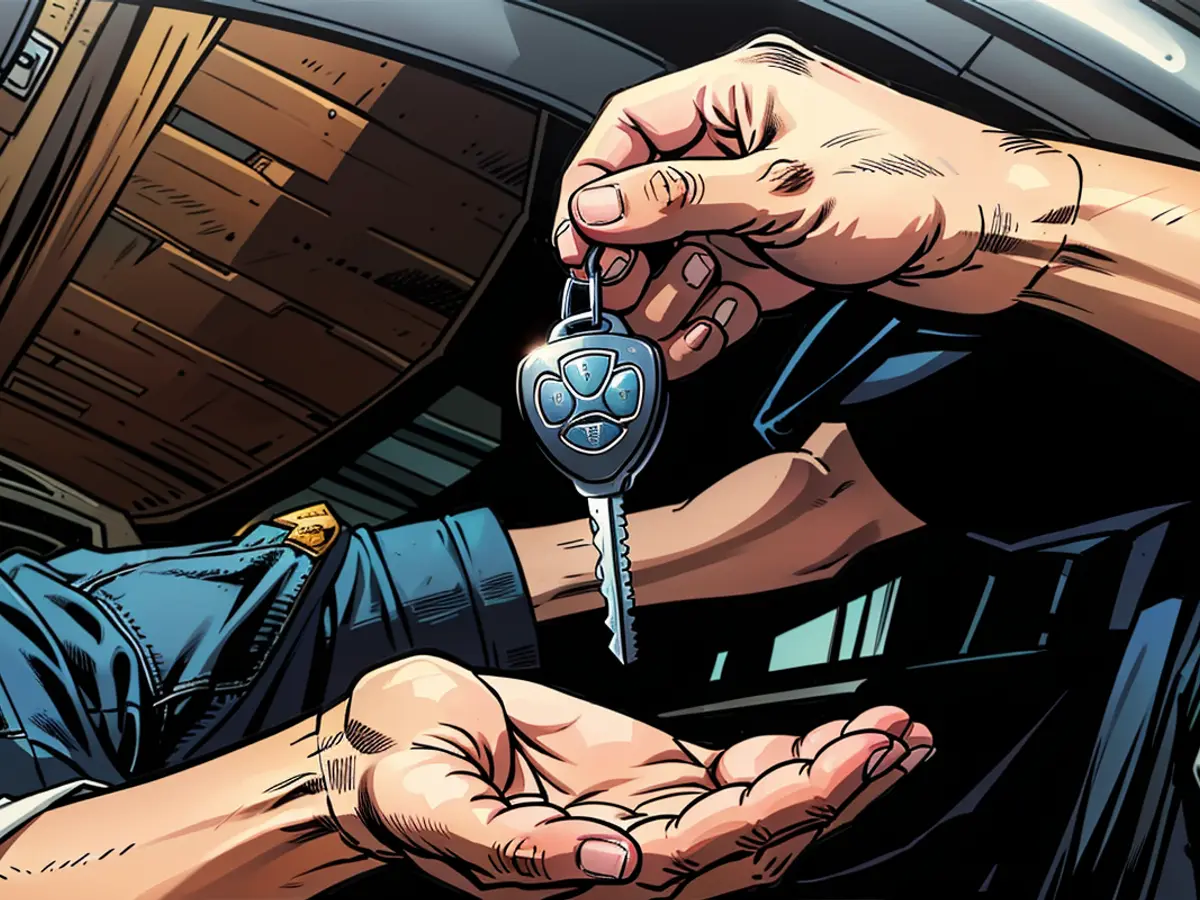Unveiling Concealed Liens Prior to Subsequent Vehicle or Property Acquisition
Most people only learn about liens when things go awry. In essence, a lien is a claim against your property due to an unpaid debt. You can live quite a while without encountering this term, typically when purchasing (or refinancing) a house or a vehicle, as lenders often put liens on property until the borrowed money is repaid. Mortgage and car loan liens are voluntary, as they're agreed upon during the transaction. Involuntary liens, on the other hand, are imposed when someone claims you owe them money. Unsurprisingly, anyone can slap one on. And then there are hidden liens, so read on.
Involuntary liens
There are several types of involuntary liens. The most common is a mechanic's lien, used by contractors and mechanics to secure unpaid work. All they need to do is file some paperwork, include an unpaid invoice, and get a court to affirm the lien. Property can also have involuntary liens placed on it by local and state governments or the IRS over unpaid taxes, or in the midst of a lawsuit.
Usually, liens are recorded on public records, making it difficult to sell property with an involuntary lien. Most states won't let you transfer a car title with unresolved liens (although it can happen in private sales), and selling a house with open liens typically requires removing the lien (either by paying it off or getting it dismissed by a court). However, sometimes liens go unnoticed and become hidden liens, causing all sorts of trouble.
Hidden liens
A hidden lien is any lien that isn't detected in standard title searches. This means you can legally obtain a house, car, or other property, only to find out later that there's a debt claim against that property. There are generally two reasons for a piece of property having a hidden lien attached to it: oversight or fraud.
Oversight. Lien records need to be presented in some way. Municipal liens for unpaid taxes, assessments, or other property debts are supposed to be registered at the county clerk's office. If they're not, the lien exists but won't show up in a title search. Similarly, any lien placed on the property by a lender is supposed to be added to the property's title; if this step is skipped, the lien can remain hidden.
When you borrow against a car title or have a lien placed on it for a debt (like a mechanic's lien or a court settlement lien), the title should be updated and stamped with lien information. This is usually the lender's responsibility, and if they forget, the lien won't show up in a standard title search. Sometimes the title is physically stamped, but the lien isn't recorded, so it's essential to inspect the physical title before buying a used vehicle.
Fraud. While rare, it's not unprecedented for dishonest individuals to attach fraudulent hidden liens to property. This can be done by hiding the lien in lengthy, complex legal documents or by mislabeling it as something else. These scams take effort to maintain, so fraudulent liens often persist even after the property's sold.
Uncovering hidden liens
The good news is that hidden liens are usually detectable when making property purchases (like houses or cars). You can typically find liens hidden due to oversight by conducting a more thorough search: besides a standard title search, you can search municipal records for lien records. Companies can be hired to do this for you, and records are public, so you can perform the search yourself on your local county clerk's website or offices.
For a car title, contact your local DMV to see if they offer a free lien search; some do, while others don't. You can also conduct a search on the vehicle identification number (VIN), which often includes lien information even if it wasn't recorded properly at the clerk's office.
Despite conducting a standard title search, hidden liens can still go unnoticed due to oversight or even fraud. In some cases, overlooked liens might be present in municipal records, which aren't always included in title searches. To uncover these hidden liens, especially in property purchases, it's crucial to conduct a thorough search of municipal records or hire a service to do so. Additionally, knowing about potential hidden liens attached to a car title through complex legal documents or mislabeling can save you from dealing with money issues down the line.








